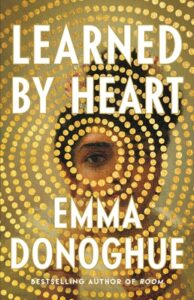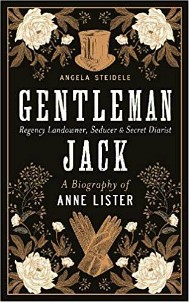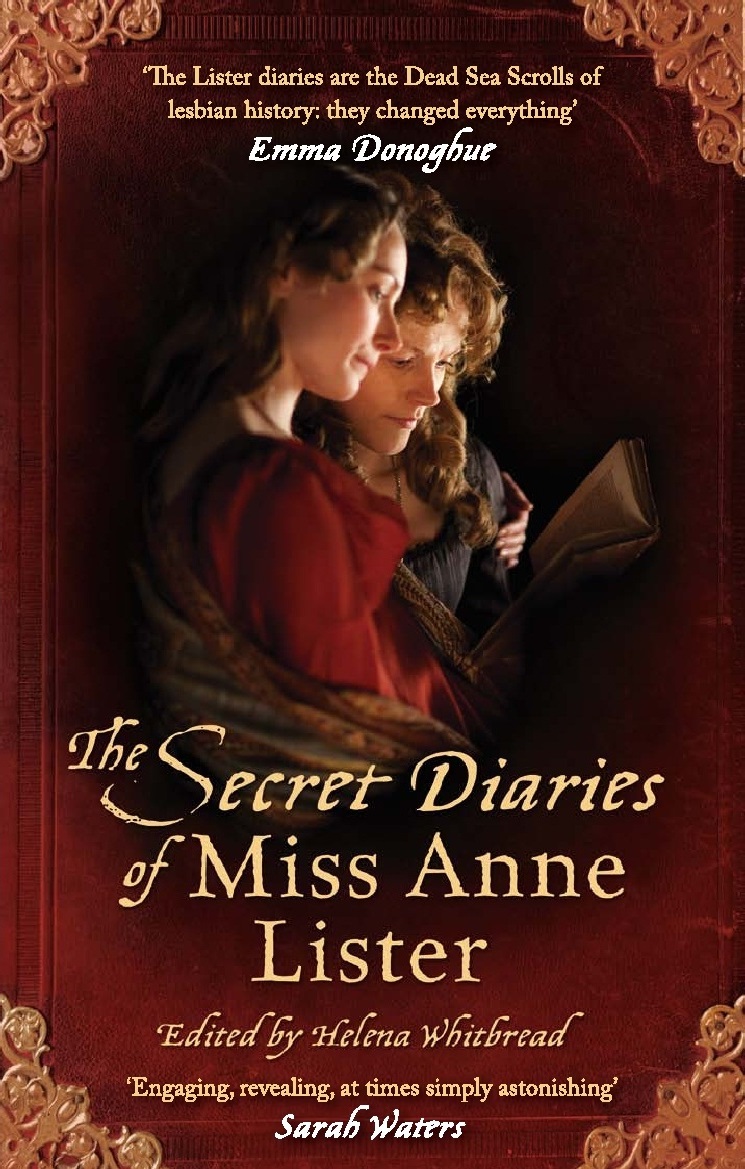Emma Donoghue’s much-anticipated new novel, Learned by Heart (29 August 2023), is a heartfelt biofiction about the life—and love—of Eliza Raine and her relationship with the famous Anne Lister. Drawing on Lister’s copious five-million-word diaries, Donoghue brings Raine’s story to life in this vivid novel.
While Anne Lister’s life and work have become enormously famous over the last five years, with Sally Wainwright’s ground-breaking television series Gentleman Jack centralizing Lister’s lesbian life and diaries, Learned by Heart approaches Lister’s early years through a different lens. Donoghue’s novel is characteristic of Donoghue’s historical biofiction, which rarely tells the stories of famous historical subjects but rather seeks out history’s fragments or outright silences. In this case, Eliza Raine and her life are central to Donoghue’s writing. As an orphaned young girl from India, Eliza arrives in England at six years old with the distinct and lasting sense from those around her that she is other. However, when she meets the young, brash, and brilliant Anne Lister at the Manor School for young ladies when the two girls are fourteen, Eliza finds a kindred spirit—and more.
Learned by Heart is one of my most anticipated novels of 2023, and I was delighted to receive an early copy from the publisher in exchange for an honest review. This novel is another stunning addition to Donoghue’s impressive catalogue of historical fiction, and while series like Gentleman Jack focus on Lister’s later years, with her lovers remaining central but ultimately supporting characters, Donoghue flips the script in her biofiction. Eliza is our protagonist here, and we grow along with her as she moves through a journey of self-discovery. As Anne becomes more and more central to Eliza’s life, she paints a fascinating portrait of the other young girl’s earlier years.
This novel was everything I hoped for and more. Learned by Heart transports its readers to nineteenth-century York with its vivid descriptions and minute details, and typical of Donoghue’s writing, no part of nineteenth-century girlhood is overlooked. Years of research and dedication shine through in this novel, especially in the supplementary information at the close of the text. While this novel is a sweeping narrative in its own right, Lister researchers and historians will also adore Learned by Heart.
I can’t recommend Learned by Heart enough as the perfect historical fiction to read this fall! Learned by Heart hits shelves on August 29, 2023.
Please add Learned by Heart to your TBR on Goodreads and follow Emma Donoghue on Twitter.
Rachel Friars is a writer and academic living in Canada, dividing her time between Ontario and New Brunswick. When she’s not writing short fiction, she’s reading every lesbian novel she can find. Rachel holds two degrees in English literature and is currently pursuing a PhD in nineteenth-century lesbian literature and history.
You can find Rachel on Twitter @RachelMFriars or on Goodreads @Rachel Friars.



